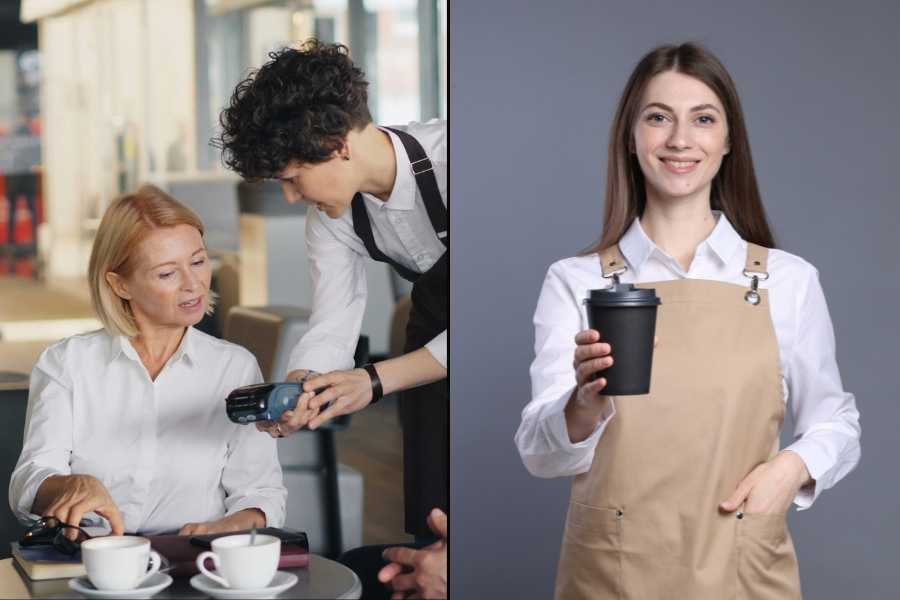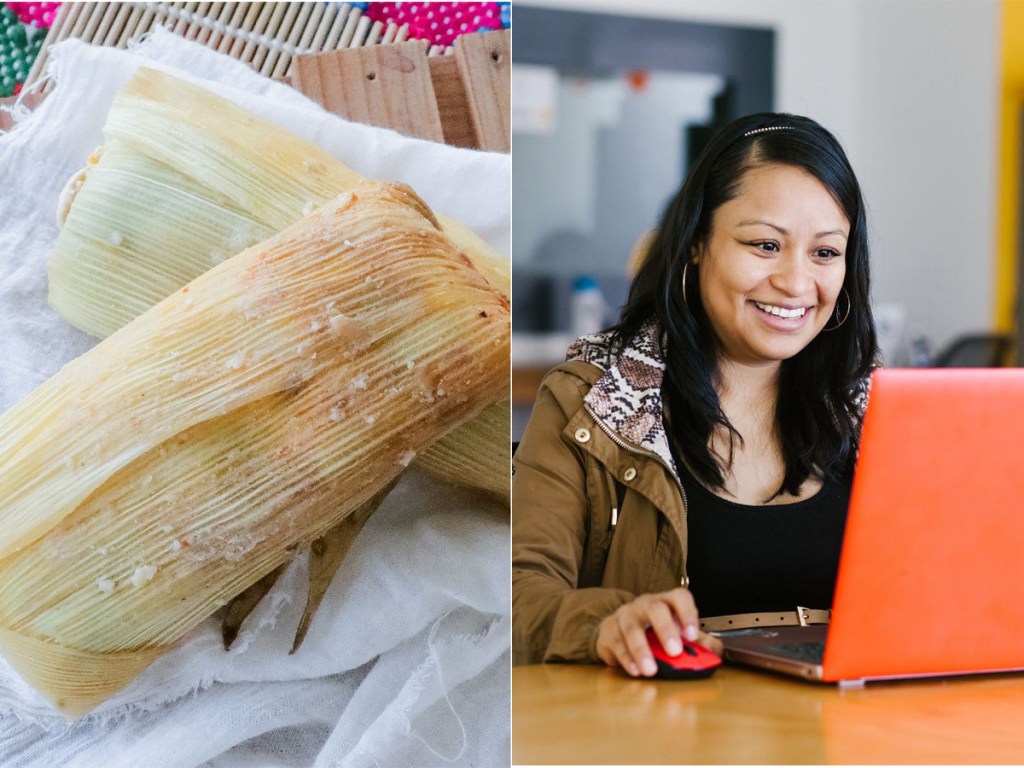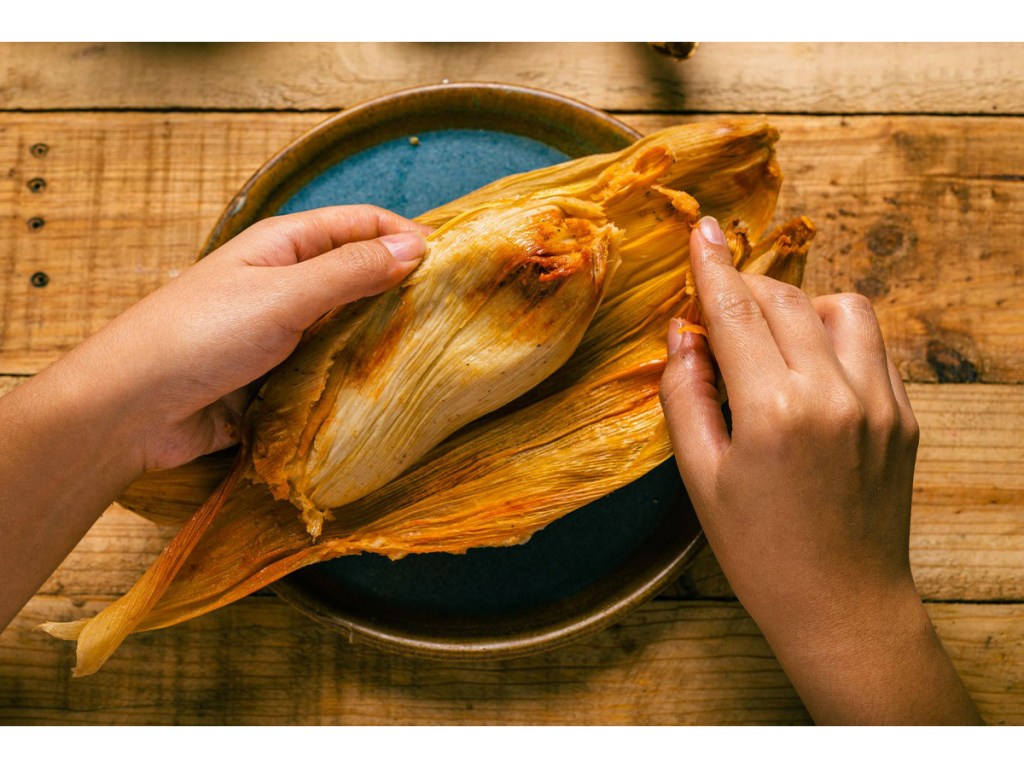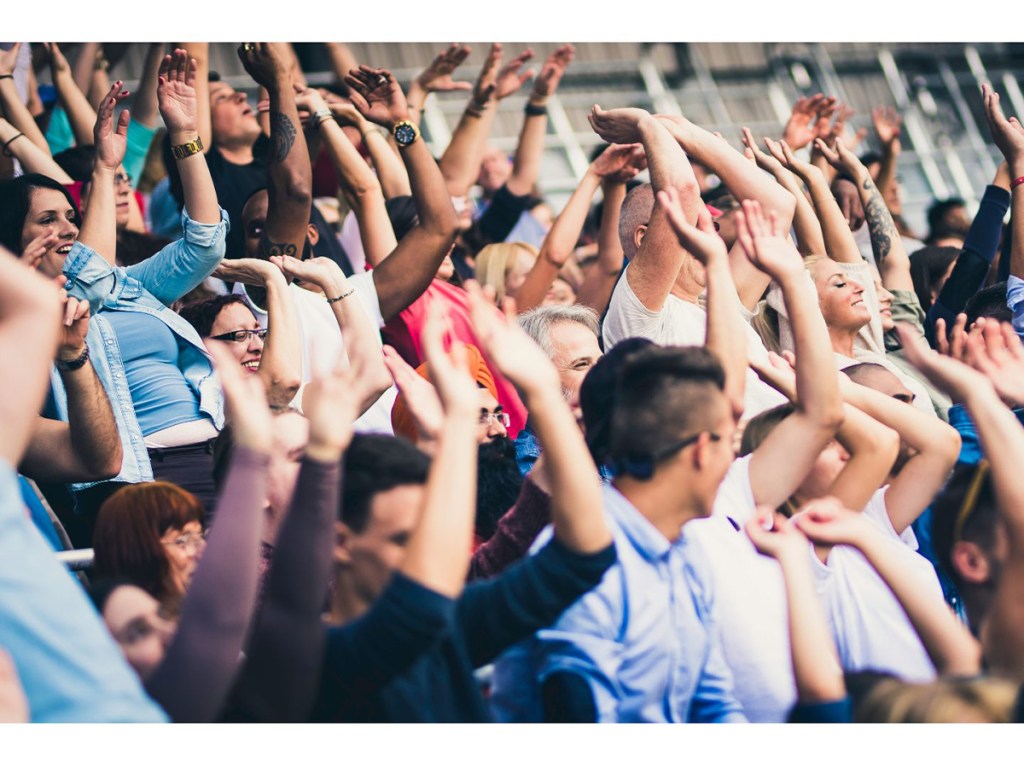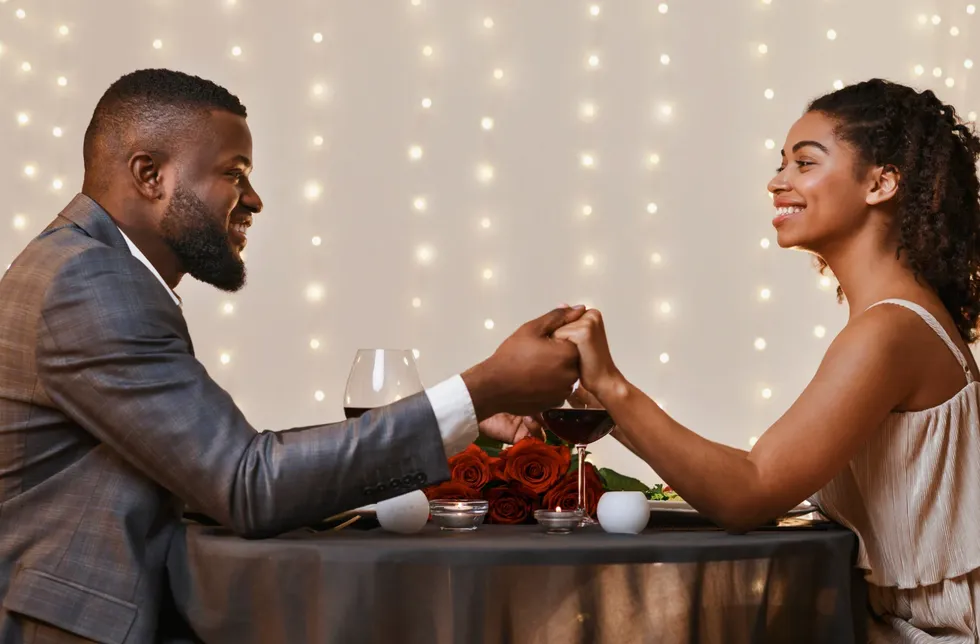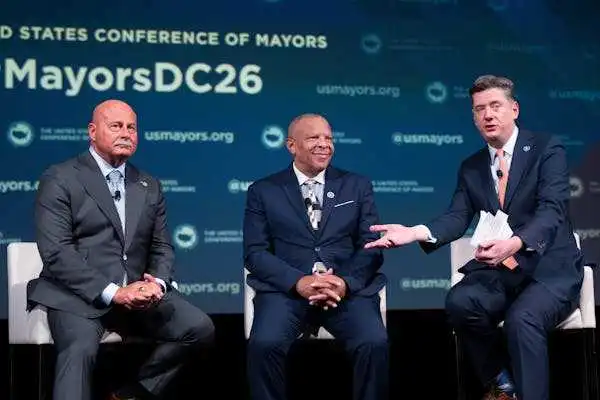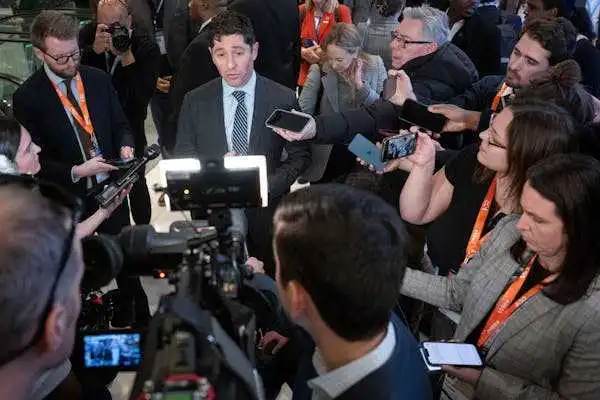English is wildly inconsistent and often maddening, especially if you’re learning it as a second language. Plus, depending on where you live—say, the U.S. versus the U.K.—you may utilize it in very different ways. (This is technically even true in other parts of America. I used to teach public speaking at the college level, and I often asked my students to share common idioms from their home state. I’d estimate I recognized about 20% of them at best.)
Suppose you’re a British-born person visiting or living in the U.S.. In that case, you’ve probably experienced an adjustment period—just like Juliette Amie, a self-described “Brit in Boston” who often posts on social media about her life in the States. In one recent video, she shared a list of “things I never said until I moved to the U.S.” More specifically, these are expressions Amie has picked up through cultural osmosis and now wants to keep in her rotation. It’s interesting to watch this clip as an American—some of these phrases are so ingrained in my regular speech that it seems weird even to find them notable. It’s also interesting to hear her describe them as positive and affirming—maybe we’re being nicer to each other than we realize.
“Have a good one.”
The first phrase is, “Have a great one,” though she later amends it in the video caption to “Have a good one.” “It’s when you are saying goodbye to someone—an Uber driver drops you off or [you] see someone on the street and they meet your dog,” Amie says. “You part ways, and you say, ‘Have a [good] one.’ You don’t really do it with, like, your friends or people close with you—or I don’t. I tend to only use it when it’s someone I don’t know. They’d be like, ‘Okay, see ya!’ I’d say, ‘Have a [good] one, and it’s such a nice saying…[It’s] my favorite way to close off a conversation with someone I’m not familiar with.”
I have to admit my ignorance here—I just assumed most people in English-speaking countries said some iteration of this one. It’s notable that several Instagram users tried to correct the expression to include “good” instead of “great,” but one person added their perspective: “People are being dramatic. You can absolutely say, have a great one. It’s a simplification of ‘have a good/great day.’ There’s nothing linguistically wrong or terribly unheard of about it at all. No one would give you a look. It’s just extra enthusiastic. I’ve for sure said it.”
“All set”
The next one is “all set” or “you’re all set”—something she’s heard service-industry workers say. “If someone’s packing your Trader Joe’s bag, they’ll be like, ‘You’re all set!’ at the end or ‘All set!’” she says. (In the video, she wonders if it’s actually “a Boston thing,” but I can at least confirm this is common elsewhere in the Eastern U.S. Regardless, people debate that point in the comments, with one person saying they’d “never heard it used in that way” until moving to the Boston area. Interesting!)
“Appreciate it”
The list also includes “you’re good” (as in the equivalent of “no worries”), but Amie admits she doesn’t necessarily like that one. But her favorite appears to be “appreciate it” or “appreciate you,” which she calls a “really lovely thing to say” that she’s going to “start using…more.”
The comments section of this post is pretty revealing—one might assume this is a tension-free space, but there are plenty of debates, arguments, and varying perspectives. That in itself proves, again, how strange the English language can be. But is that also part of its beauty? This whole conversation can also extend outward into how we talk, as YouTuber The New Travel documented in a 2024 video featuring 65 distinct English accents.
Also, that year, the publication English World-Wide published some fascinating research on an emerging variant of English called “Miami English,” which blends English and Spanish. Professor Phillip Carter, Director of the Center for Humanities in an Urban Environment at FIU, told IFL Science that, “All words, dialects, and languages have a history,” adding, “In Miami, there are many ways of speaking English. The variety we have been studying for the past 10 years or so is the main language variety of people born in South Florida in Latinx-majority communities.”

